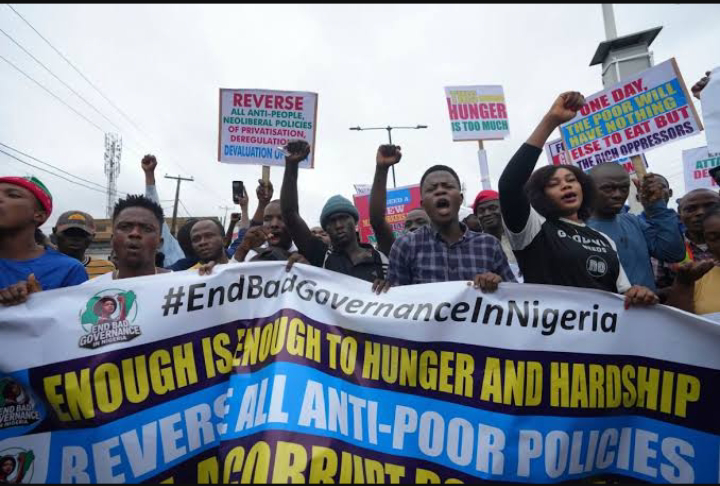President Tinubu's Order For a Review Of The N8,000 Palliative Package
In a groundbreaking move, President Tinubu has taken swift action to address the growing concerns and challenges posed by the removal of fuel subsidies. Acknowledging the importance of mitigating the impact on vulnerable citizens, President Tinubu has ordered a review of the N8,000 palliative package allocated to assist those affected by the fuel subsidy removal. This proactive decision reflects the government's commitment to ensuring social welfare, economic stability, and the overall well-being of its citizens.
Understanding the Fuel Subsidy Removal
Fuel subsidies have long been a contentious issue in many countries, Nigeria included. They are intended to cushion the effects of rising fuel prices on consumers, especially those from low-income backgrounds. However, these subsidies can also be financially burdensome for governments, leading to budget deficits and inefficiencies in the energy sector.
Recognizing the need for a more sustainable economic approach, President Tinubu's administration decided to remove the fuel subsidies. The removal aimed to encourage market-driven pricing, attract investment in the energy sector, and reduce the strain on the national budget. While this decision was met with some apprehension, the government was committed to ensuring that the most vulnerable members of society would not bear the brunt of this change.
Palliative Package: Navigating the Transition
To alleviate the immediate impact of the fuel subsidy removal, the government initially introduced an N8,000 palliative package for each citizen. This financial assistance was designed to provide some relief during the transitional phase, allowing individuals and families to adjust to the new market-driven fuel prices.
However, as the situation unfolded, it became apparent that the initial palliative package might not be sufficient to fully address the challenges faced by low-income households, particularly in the face of inflation and economic fluctuations. President Tinubu's administration acknowledged the importance of continuously monitoring the situation to ensure that the most vulnerable segments of society are adequately supported during this period of transition.
President Tinubu's Proactive Approach
President Tinubu's decision to order a review of the N8,000 palliative package demonstrates the government's responsiveness and willingness to adapt to changing circumstances. Recognizing the importance of maintaining social welfare and stability, the administration aims to assess the effectiveness of the current palliative measure and explore potential adjustments to ensure better support for those in need.
This proactive approach is a testament to President Tinubu's commitment to inclusivity, transparency, and economic progress. By actively engaging with stakeholders and evaluating the real-time impact of policy decisions, the government can better tailor its measures to meet the evolving needs of the citizens.
Collaboration and Public Engagement
To conduct a comprehensive review, President Tinubu's administration is actively engaging with various stakeholders, including experts, economists, civil society organizations, and citizens. Public input and feedback are being sought to gain a better understanding of the challenges faced by different segments of society, enabling the government to craft a more targeted and effective palliative response.
Conclusion
President Tinubu's order for a review of the N8,000 palliative package for fuel subsidy removal exemplifies strong leadership and a commitment to ensuring the well-being of the Nigerian population during periods of economic reform. As the government continues to fine-tune its policies, it remains evident that the administration is prioritizing collaboration, public engagement, and data-driven decision-making.
By addressing the concerns raised by the removal of fuel subsidies and actively seeking ways to enhance the palliative measures, President Tinubu's government is demonstrating its dedication to a prosperous and equitable Nigeria. As citizens, we can take comfort in the knowledge that our leaders are responsive and working towards a sustainable and inclusive future for all.



Comments
Post a Comment